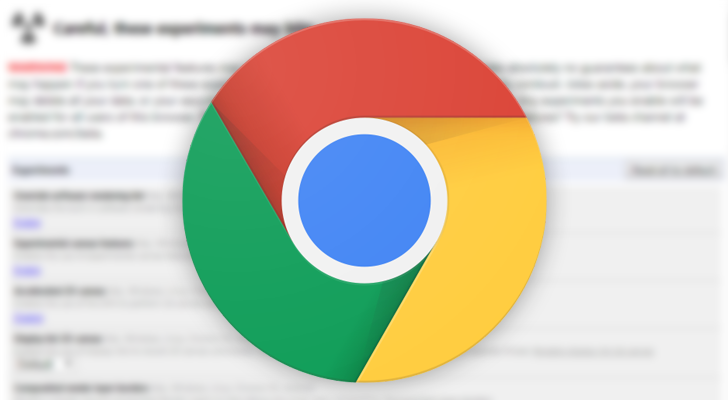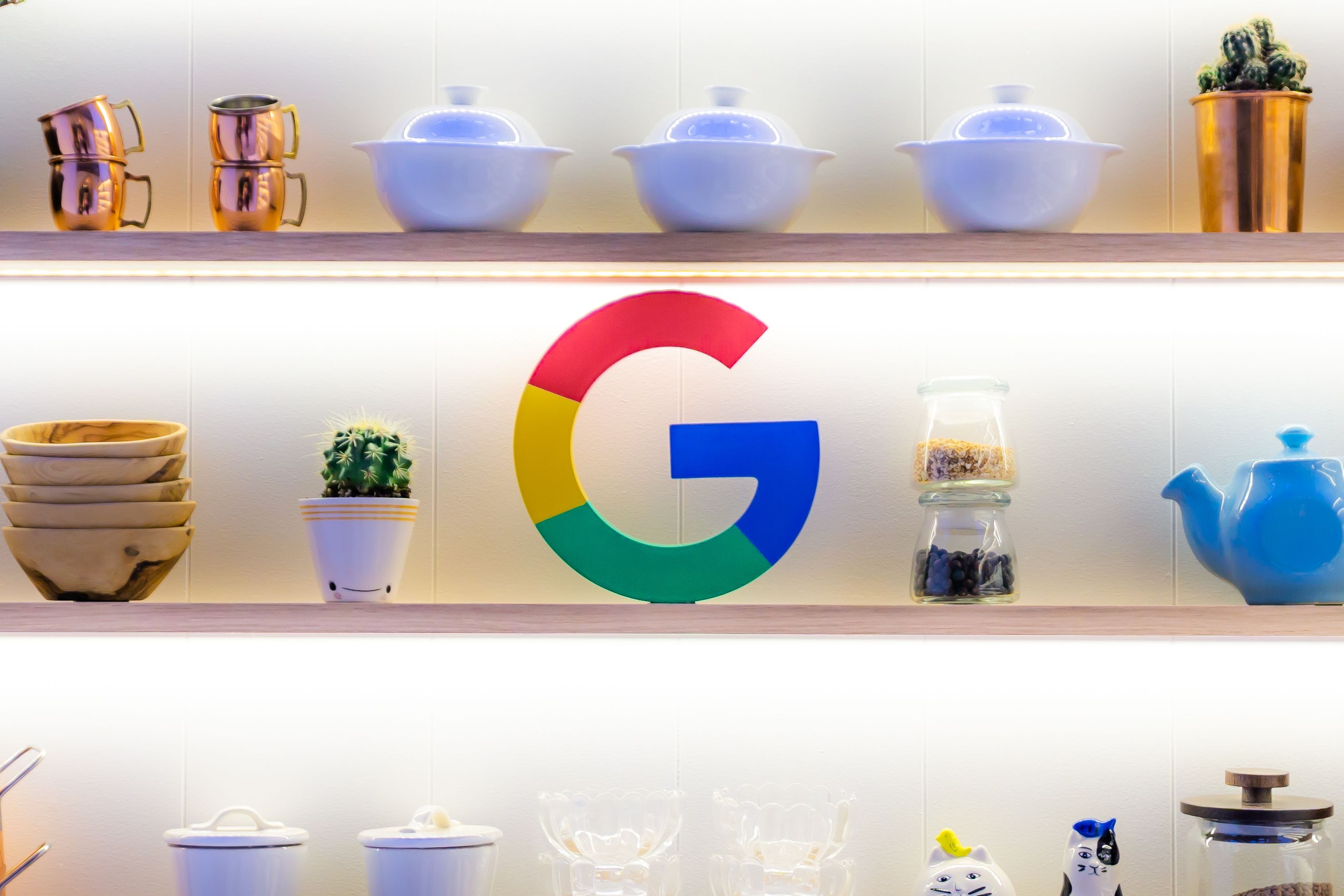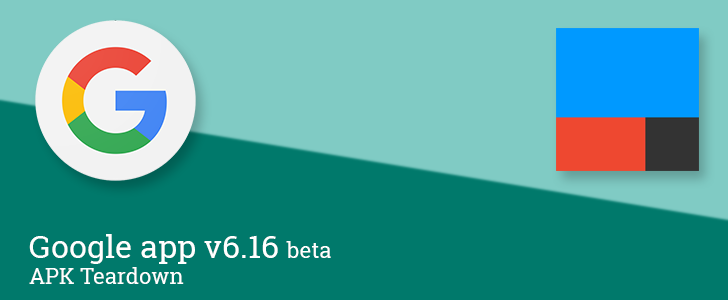latest

Chrome's latest experiment is like a Trapper Keeper for your search history
'Journeys' gathers all related results into a single space
Google keeps track of your activity across every device you own — something that would be terrifying if it weren’t so damn helpful. We’ve all dived back into our browser history to find something from days earlier, whether it’s a recipe, a nearby restaurant, or that long-read you didn’t finish reading. With two new Chrome experiments, Google wants to make it easier to pick up where you last left off.

The Play Store now has a coronavirus section filled with apps that help you stay informed (Updated)
Searching for 'coronavirus' also gives you access to a curated list of applications
Read update
Google is working hard to prevent the spread of COVID-19 misinformation, so it has added curated safety tips and information cards to coronavirus search results. It didn't include the Play Store in these efforts right away, though, and it looks like that helped some bad actors: Until recently, a search for "coronavirus" or "covid-19" led to apps and games with mostly questionable content. While there are legitimate apps sprinkled between these bad results, Google seems to have decided to fully slam the brakes for now and has stopped showing results altogether for any query containing "covid-19," "coronavirus," or "corona." The solution isn't waterproof, though: searches for "covid19" (sans dash) and other misspelled variations still give you results.

Google has apparently taken the criticism regarding last week's favicon changes to heart, promising to "experiment" with different layouts that offend our collective sensibilities just a little less. Even now, the company has apparently rolled back the favicon change for at least some of us as it mulls over how to better implement the change.

Google Search has grown from being a dull list of color-changing links to a more interactive tool with a modern design. Over the past few weeks, Search stepped up to become your how-to guide, watchlist manager, and even a widget to track your packages. To maintain that flow and make the results page visually appealing, Google is now adding website favicons against each result for desktop searches.

Google Podcasts product manager Zack Reneau-Wedeen announced earlier this week that the service was rolling out new search functionality that displays individual episodes of podcasts in search results alongside full shows, and said he expected it to be available for all users by the end of the week. He seems on track to make good on that prediction, as the feature is now widely available.

The Play Store seems to be testing a new layout for search results. We've received a tip that the normal app list has been replaced by a card-like interface for some, with app listings now including screenshot thumbnails. The change brings Play Store search results more in line with the visual style of the mobile web search results layout, which also shows results on cards.

If you screw up in a way that gets any sort of media attention, chances are you won't like what you see when you run a query for your name on Google. And those unflattering search results could have far-reaching implications for your livelihood. Two businessmen in the UK didn't like some results that turned up when their names were searched for on Google, so they took the company to the High Court of Justice based on the "right to be forgotten" precedent set by the Court of Justice of the European Union in 2014. One of the men won, while the other lost and was granted an appeal. The ruling sets an important bar for future requests to have search results delisted.

Google's constantly adding little server-side updates to its app in an aim to make things just a little bit easier. The latest addition a reader has spotted is a card entitled 'People also view' that shows up while you're reading through a webpage that you've clicked on from the Google app.

Play Store's large search results card is showing up for more users, now with scrollable screenshots
The saga of the Play Store's layout changes continues. Have you been keeping track? I have been... trying to. I have to read and edit every single article that gets published on Android Police plus every tips email we get, so I should technically know all the little changes that have been showing up, but I am honestly lost. What change is in a server-side test? What's rolled out to everyone? What's still unreleased? How many changes can Google try out simultaneously? Will this ever end? Why am I spending my days looking at moving pixels and disappearing borders? Oh, we might have gone off-topic a lil'.

Toward the end of last year Google began testing a way to make webpages load faster when you're on a mobile device. How fast? Instantly, ideally. Or at least no more than a second or two. Google calls these quickly-loading sites Accelerated Mobile Pages.

Google and Twitter have rekindled their relationship, and that means users can now view tweets inside the Google Search app. Messages appear among results in a carousel, similar to images. The feature is live today for people searching in English across the US on Android, iOS, or the web. Desktop compatibility is still in the works, along with support for other countries.

I'm sure you've already heard, but today there are changes coming of biblical proportions. Wait, you didn't hear about Mobilegeddon? This is indeed the term being applied to a Google search algorithm update being applied today that will rank mobile-optimized sites higher in searches from phones. The big drama about this is that, well, Google is very powerful and changes to their ranking systems have a habit of being destructive to affected sites. Mobilegeddon gets a name due in large part to the fact that it's the rare algorithm change that Google has detailed and warned about in advance of its rollout, having set a date back in February.

Google's search indexing is kind of a big deal - having a high spot in relevant searches for the world's biggest search engine can literally make or break a business. So if you don't want your site to lose its spot, you'd better make sure your website looks good when accessed from a mobile browser. Starting on April 21st, Google's search algorithm will incorporate whether or not a site is "mobile-friendly" when ranking its appearance in search results. Google announced the change on its Webmaster Central blog:

Performing a Google search for medical information is a crap shoot. It can lead you somewhere filled with quality content, or it can send you down a trail of wildly inaccurate speculation and conjecture (which isn't all that different from performing an Internet search for anything else, really). But now when you turn to Google for questions about certain health conditions, it will dish out relevant information at the top of the search straight from the Knowledge Graph.

The user experience on Android is never standing still, which is no more evident than in the Play Store itself. It seems Google may be trying out a new behavior for search queries that match the names of the Play Store's predefined categories. Instead of presenting a list of apps, searching for a term like 'action' or 'puzzle' can bring up structured lists like those that would appear in the category itself.

There are multiple ways to go after users. One way is to come up with a catchy word (Scroogled), slur a competitor with it (Google), sell some shirts, and hope it sticks. An alternative approach is to introduce functionality that could potentially draw their interest. The latest Bing for Android update does just that. Now Bing supports downloading images found in search results, a feature Google previously introduced into its own search app only to remove it later.

Searching for a restaurant that can satisfy everyone's culinary preferences isn't particularly easy on a smartphone's data connection. The process typically involves searching for a specific website, hoping there's a mobile version (nope), and searching around for a menu. Now Google's rolling out a feature in the US that should streamline things a bit. Just search Google for the menu and watch it appear as the top result.

Back on the Nexus 5's launch day, Google announced an upcoming feature that would make it easier to open search results directly inside of relevant apps, rather than within a web browser. You'd be forgiven for missing this announcement, given everything else that was going on that day. This new functionality, known as app indexing, places an Open in app button next to search results that contains information better suited for perusing inside an app. The functionality's now rolling out to the Google Search app as well as mobile web browsers.













